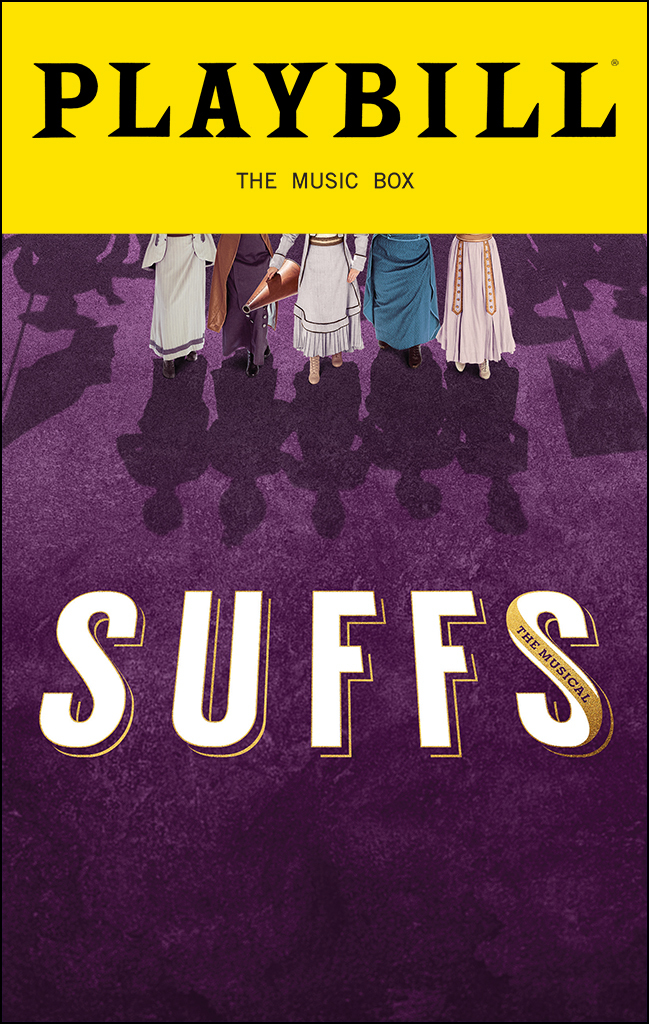Have you heard of the juggernaut musical about the young, scrappy American revolutionary with a surplus of political genius, who’s determined to change the course of history with the help of a gang of committed cronies? No, not “Hamilton”—I’m talking about “Suffs,” an ambitious new show (directed by Leigh Silverman, at the Public) that sets out to do for the suffragist Alice Paul what Lin-Manuel Miranda did for Alexander H. The show’s thirty-three-year-old creator, Shaina Taub, wrote the music, the lyrics, and the book, and she stars as Paul, who surely counts as one of the twentieth century’s most remarkable figures, if not—yet—one of its household names. “Suffs,” which sold out its run well before opening, features a strong female and non-binary cast, an inspiring story, and songs that stick in the head for days. Paul has already been featured onscreen, in the 2004 film “Iron Jawed Angels.” Soon she may find herself hoofing it on Broadway, a founding mother to beat the band.
Paul was born, in New Jersey, in 1885. Her family were Quaker, a faith that champions sexual equality, and she was able to obtain the kind of topnotch education that wasn’t readily available to most women of her day. She studied biology at Swarthmore and sociology at the University of Pennsylvania, then crossed the Atlantic to attend the University of Birmingham, where she encountered the militant suffragist Christabel Pankhurst and was immediately converted to the cause. From Christabel and her famous mother, Emmeline, Paul learned the principles of direct action and civil disobedience. She marched, protested, and was repeatedly arrested; in jail, she went on hunger strike, which resulted in torture by force-feeding. Physically weakened but spiritually undaunted, Paul returned to the United States, determined to use her organizational expertise to win American women the vote.
That is where Taub picks up the story. It’s 1913, and popular sentiment toward the suffragist struggle is not exactly surging. On a stage dominated by the wide steps and looming columns of the Capitol (the set, designed by Mimi Lien, is male power incarnate), the cast, equipped with false mustaches, mug about in the guise of incensed men. Tossing around era-appropriate yuk-yuk jokes (“What do a good woman and a good picture show have in common?” “They’re both silent!”), these petty gents ridicule what they fear and despise, a strategy that “Suffs,” armed with history’s hindsight advantage, turns right back on them.
